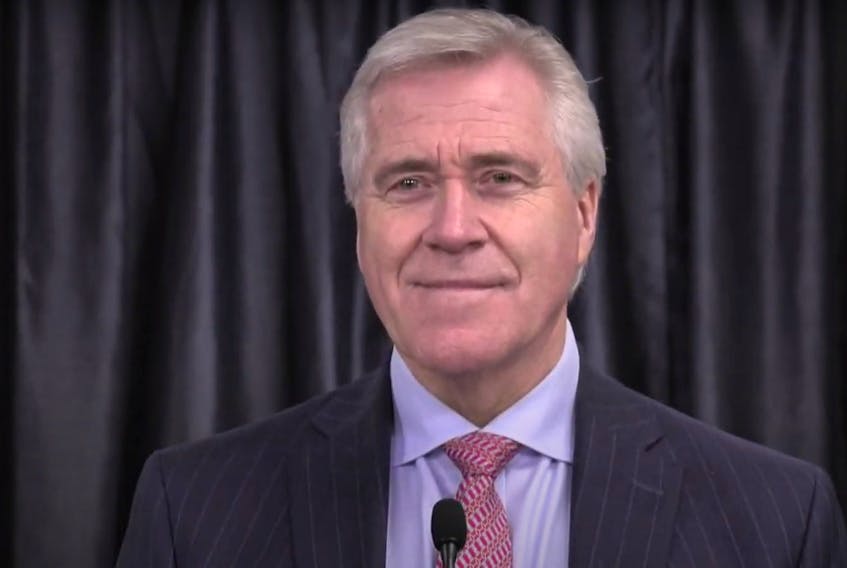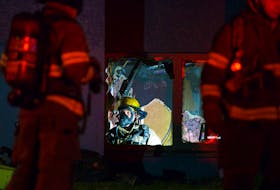ST. JOHN'S — The power of police to enforce travel orders made last week by Chief Medical Officer of Health Dr. Janice Fitzgerald now include the right to enter a home without a warrant.
The April 28 special measures order, which came into effect on Monday, state that only residents of Newfoundland and Labrador, asymptomatic workers and individuals whose travel is deemed essential, and those travelling under extenuating circumstances, may enter the province for as long as Fitzgerald deems fit.
Bill 38 was passed by the House of Assembly on Tuesday, granting new powers to the province’s police forces to enforce the measure.
Under the new powers, police may locate, detain or remove from the province an individual believed to have broken a public health order. As part of their investigations, police have been granted the power to enter any residence, inspect the area or any books and records, and take samples — all without the need for a warrant.
"When it comes to detaining someone, it’s not about being forceful in detainment." — Premier Dwight Ball
Premier Dwight Ball says the measure was initially concerning when it comes to the Charter of Rights and Freedoms, but his concerns were alleviated.
“You’re always concerned about the charter of rights,” said Ball.
“We are in a public health state of emergency. You’re allowed to — by legal terms at least — take measures that are reasonable. When it comes to detaining someone, it’s not about being forceful in detainment. It’s making sure that people are aware of the province, the situation that would have been in the province. Other provinces have put in place similar measures. This really came down to being able to enforce the special orders that the chief medical officer had put in place.”
The legislation is specified to only include public health emergency orders, and therefore does not extend to other situations where the police may want to enter a home.

Progressive Conservative Leader Ches Crosbie says he’s satisfied with that measure to “sunset” the extra powers.
“It is effectively ‘sunsetted’ because those police powers will become irrelevant once the state of emergency is lifted because they exist to enforce the special measure orders. If the emergency is no longer in effect, then neither will be the special orders.”
New Democratic Party Leader Alison Coffin says she has faith in the chief medical officer’s decisions.
“We’re always concerned when we expand police powers. However, this was very important to put in place,” said Coffin.
“In order for the chief medical officer’s special measures to be enforced, there has to be a mechanism to enforce it. It’s absolutely necessary. I believe the chief medical officer has gone through all the checks and balances and talked to the right people to ensure the right measures are taken.”
Twitter: @DavidMaherNL









